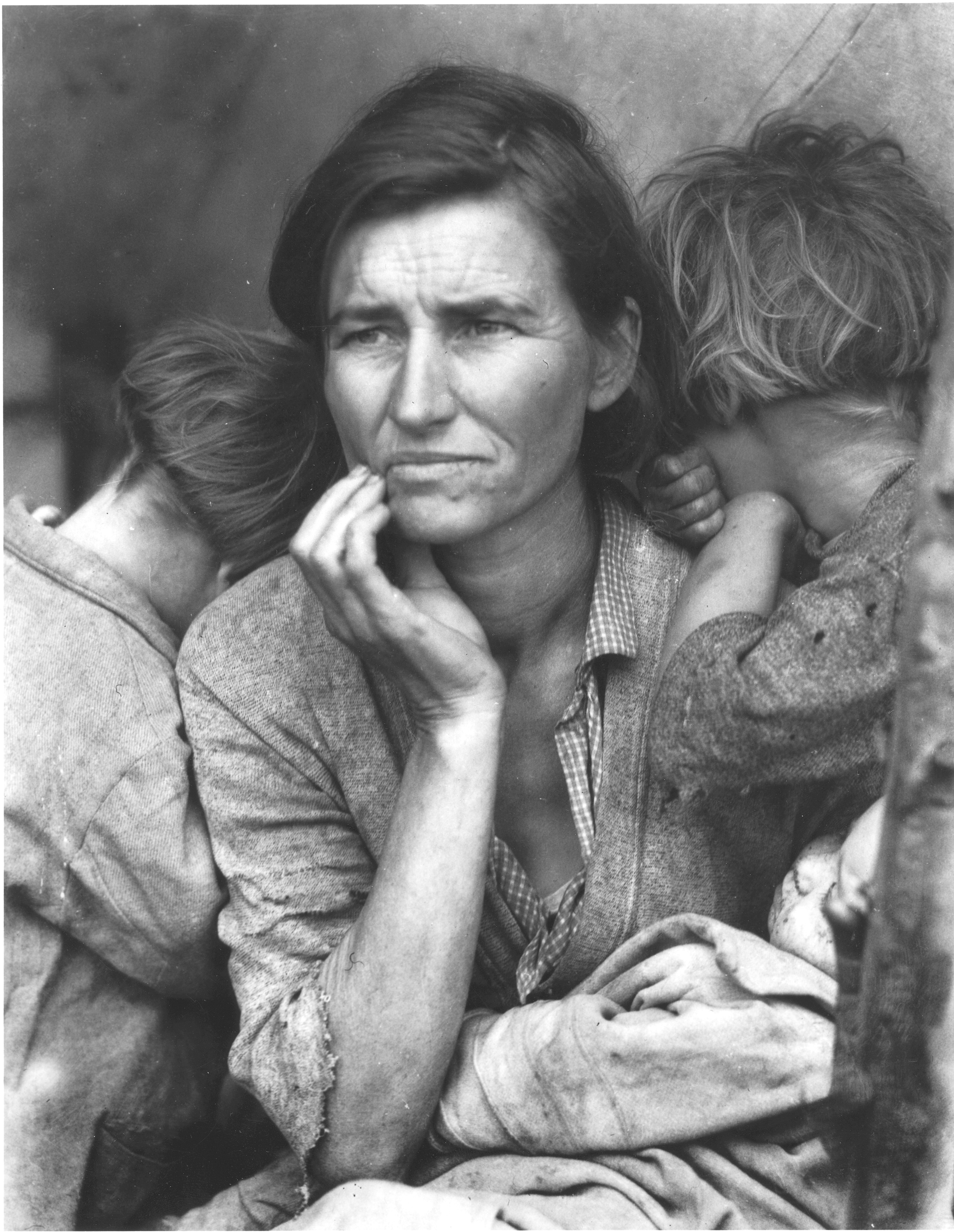
It starts with the Depression era's terrible, unsatisfied needs. There was no money. Hence there was no food. The story begins with poverty--unmercifully brutal want. It had to take place about the same time as the day a mob of angry farmers marched into a courtroom just down the road in LeMars and demanded a judge not foreclose on the fifteen farms whose mortgages he held just then in his hands.
When the judge refused to comply, they grabbed him off the bench, stripped him down beyond his skivees, strung him up, and threatened to hang him. Wasn't pretty. But yawning want makes suffering people do regrettable things.
And it's an old story, repeated often, certainly not news. A farmer just up the road from that snarling mob keeps losing chickens. He knows because he counts them, like he does his blessings. After all, his blessings in 1933 are really, really few. Too often there are not as many chickens as there was the day before; hence, not as many blessings.
And it's no fox, no coyote, no weasel or mink. This farmer, who is not well-heeled, has to provide for his family at a time when it simply doesn't pay to keep livestock and the crops have, once again, failed. How his chickens disappear is a mystery at first. But it gets unnerving, then irritating, then infuriating. Finally, he decides to act, stays up some night, loses sleep, and no one or nothing shows. Tries again. No one there.
He wonders if the thief is gone, goes back to bed in the old farmhouse, and one day wakes up to a smaller flock again. Now he's incensed. He determines to put an end to the thievery by rigging up a shotgun. Then, one night, he wakes up when the 12-gauge goes off. He runs outside and finds a neighbor down on the ground, bloody.
It's a Siouxland story, happened in the country, so it doesn't feel right to call it an urban myth; but you may well have heard it before, constructed as it is from the horrors of the dirty Thirties. Long ago I was told by a man I respect, a man who was, back then, a boy, that that's the way it happened on his father's farm near Ireton, Iowa. What stays with me through the years is the way that friend of mine insisted I write it, the way some people do insist on things like that. "You ought to write that story, Jim," they'll say. Put in three exclamation points. That's how he told me, with that kind of pointed emphasis.
I thought of his story when I read We Have Gone Away, Curtis Harnack's endearing memoirs of a boy's life on a northwest Iowa farm near Remsen mid-Depression. Harnack's Uncle Jack's kept a cave-like basement armory, where "the family firepower was being quietly amassed." Why all the weaponry? "In those Depression years of bank robbers, gypsies, tramps, kidnappers, cattle rustlers, and chicken thieves, our farm bristled with guns like a fort."
Through the forty years that have passed since my old friend told me that story and urged me to write it, I've sometimes tried to determine exactly why he wanted it told so badly. There are a dozen reason, I'm sure.
It's quite simply unforgettable. There's blood. It's pure action/adventure, right?
But it's much more. It's a story of two men in great need. One of them has chickens, the other does not. Because they both have hungry families, they are prompted to do awful things. One walks over the neighbor's and steals chickens when there's nothing on the pot on the stove. The other mounts a shotgun to take care of that bastard chicken thief that keeps stealing the chickens that lay eggs that keep his family healthy. In northwest Iowa in 1933 chances are good that on the Sabbath those two families sat in the same little church.
Maybe he wanted me to write the story because what people call "the fog of war" drifted into what became "the fog of the Depression." I wonder whether the descendants of that hanging mob of farmers--some must still live here--honor their ancestors. Maybe he thought the story had to be told because it caught the fervent reality of a time when so many had so little.
But if my father had exercised that kind of zeal, I'd remember it too, perhaps, however, because a wounded neighbor lying on the ground by the chicken coop became the very first note that seemed woefully off-key in the otherwise perfectly tuned harmony of a righteous Christian life. Nothing that happened that night could be repeated in Sunday School.
My old friend was a kid in 1933, a little boy who suddenly found himself confronted with a father who'd almost become a killer and a bloodied neighbor who was, beyond reasonable doubt, a convicted felon.
I wonder whether that's the reason he wanted me so badly to write the story. It was unforgettable because something a little boy crashed that night out there in the yard, a reasonable sense of what is right and what is wrong.
When that happens to any of us, to all of us, we take note, no one more pointedly perhaps, than children.
1 comment:
a boy's life on a northwest Iowa farm
That would be my Dad.
He was the same age as Fykama and mentioned him as that spoilded kid who wrote those rough books.
Congressman Lindberg observed that depressions would now be scientificaaly engeneered after the "Creature from Jekly Island" was set up in 1913.
A glimpse of Joe Stalin reality comes from his observation that one death is a tradegy and one million deaths are a statistic.
Thanks,
jh
However, Congressman Charles A. Lindberg Sr. accurately proclaimed:“From now on depressions will be scientifically created.
One death is a tragedy; one million is a statistic.
Joseph Stalin
Post a Comment